Britain & Ireland 1901-present
War and conflict, technology, illness and medicine and the battle for civil and national rights have all been key elements of the 20th century through to today, thus, all of those themes and many more are explored in this section. Underpinning many of these articles and included here are articles exploring pedagogical issues, managing knowledge and transferring knowledge. Read more
Sort by:
Date (Newest first) | Title A-Z
Show:
All |
Articles |
Podcasts |
Multipage Articles
-
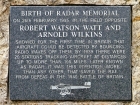
Arnold Wilkins: Pioneer of British Radar
ArticleClick to view -
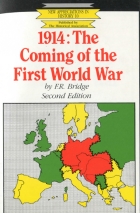
1914: The Coming of the First World War
ArticleClick to view -
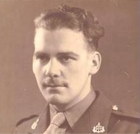
World War 2 Letters
ArticleClick to view -
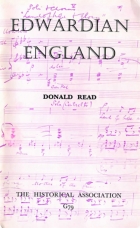
Edwardian England
ArticleClick to view -
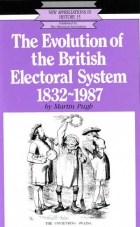
The Evolution of the British Electoral System 1832-1987
ArticleClick to view -
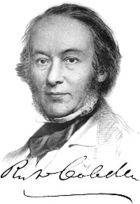
The Reformed Electoral System in Great Britain, 1832-1914
ArticleClick to view -

Polychronicon 136: Interpreting the Beatles
ArticleClick to view -
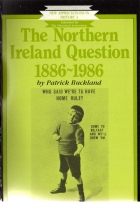
The Northern Ireland Question 1886-1986
ArticleClick to view -

The People's Pensions
ArticleClick to view -
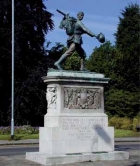
Polychronicon 134: The Great War and Cultural History
ArticleClick to view -
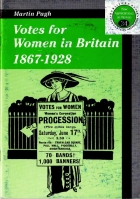
Votes for Women in Britain 1867-1928
ArticleClick to view -
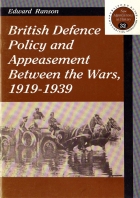
British Defence and Appeasement Between the Wars 1919-1939
ArticleClick to view -
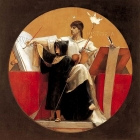
Making History
ArticleClick to view -
Churchill: The Greatest Briton Unmasked
ArticleClick to view -

Northamptonshire in a Global Context
ArticleClick to view -

Polychronicon 131: At your leisure
ArticleClick to view -

The great Liberal landslide: the 1906 General Election in perspective
ArticleClick to view -

Breaking the 20 year rule: very modern history at GCSE
ArticleClick to view -

Polychronicon 119: The Second World War and popular culture
ArticleClick to view -

England Arise! The General Election of 1945
ArticleClick to view

